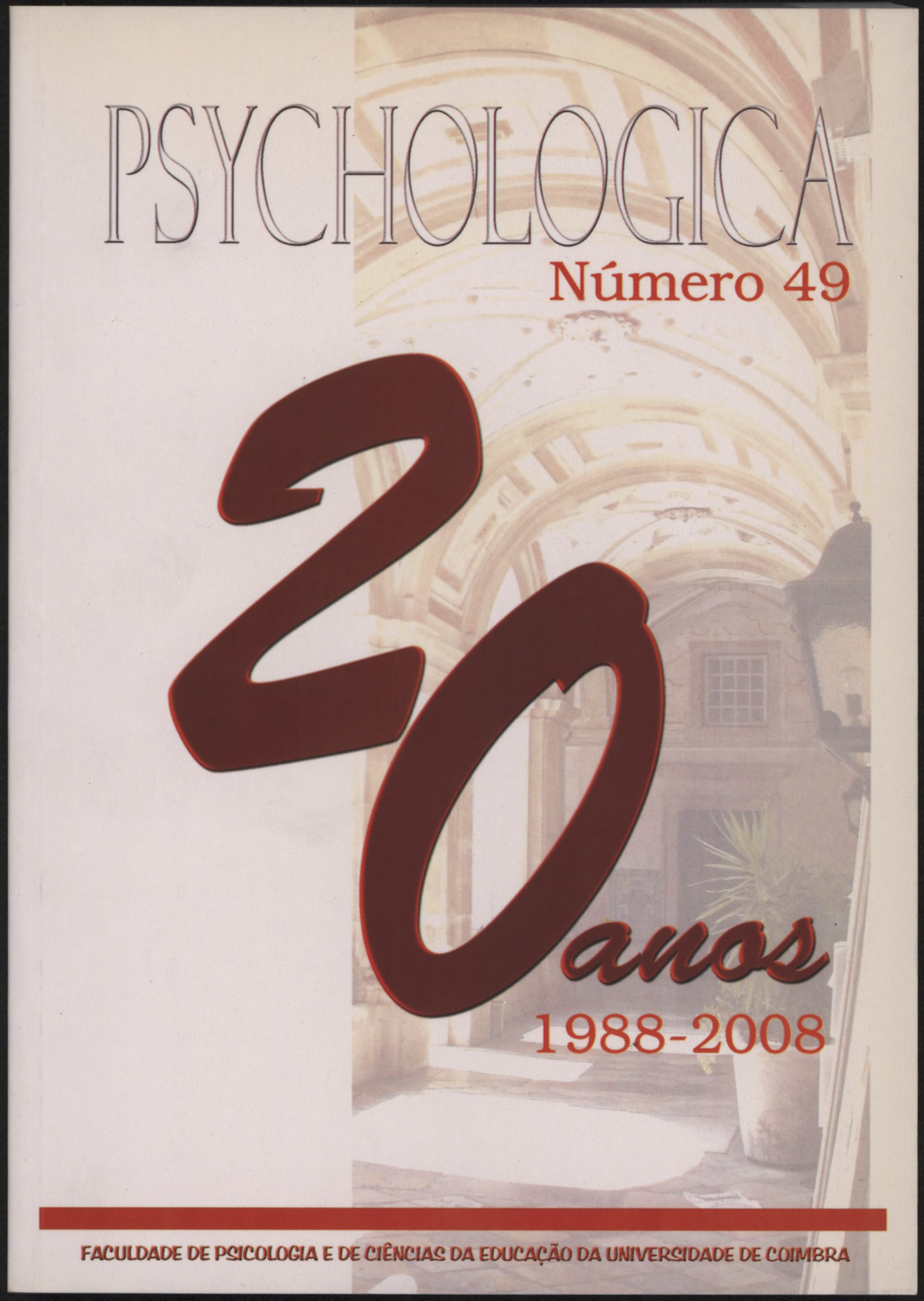Theory of Mind and Socio-cognitive Development during Infancy and Preschool Years
DOI:
https://doi.org/10.14195/1647-8606_49_2Keywords:
Theory of Mind, Socio-cognitive development, Infancy and early childhood, AutismAbstract
Theory of Mind, a socio-cognitive developmental milestone emerging during preschool years, can be defined as the capacity for attributing mental states - thoughts, beliefs and feelings - to the self and others, as well as for predicting and explaining others’ behaviour and thoughts with reference to those mental states. Individual differences on the acquisition age of a theory of mind have focused the attention of the scientific community on possible contextual facilitators of the socio-cognitive development during infancy and early childhood, such as attachment security, maternal discourse, and siblings’ interaction. A question that remains unanswered is that of the relation between theory of mind and language development. Autism seems to constitute a particular case of absence of a Theory of Mind.
Downloads
Downloads
Published
How to Cite
Issue
Section
License
Copyright (c) 2008 Carla Martins, Ana Osório, Ana Macedo

This work is licensed under a Creative Commons Attribution 4.0 International License.
Authors retain copyright and grant the journal right of first publication with the work simultaneously licensed under a Creative Commons Attribution License that allows sharing the work with recognition of authorship and initial publication in Antropologia Portuguesa journal.







